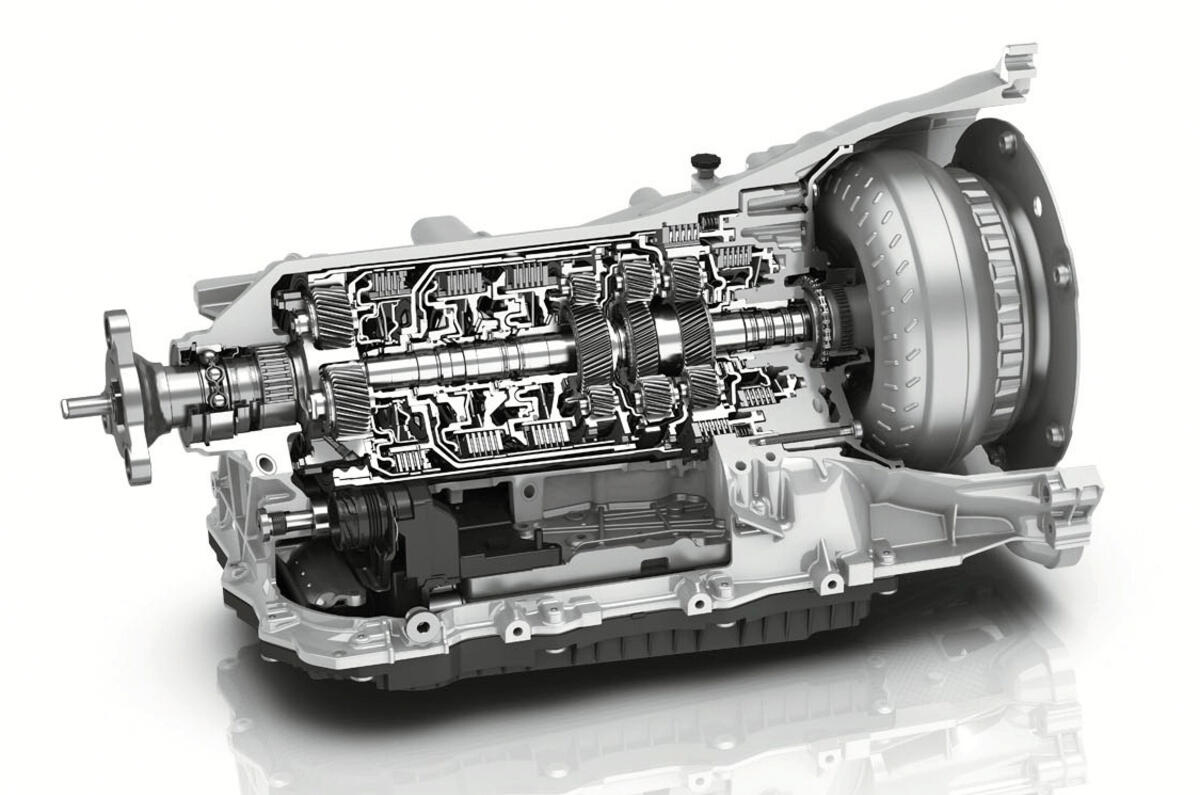The phrase “torque-converter” will be recognized by automobile enthusiasts. In the realm of automotive engineering, torque converters hold a significant role, particularly within automatic transmission systems. These mechanical marvels guarantee seamless operation of your car as well as facilitate power transmission and enhance your driving experience. This guide will unravel the inside workings of the torque converter to clarify their fundamental role in automotive technology.

Torque Converters: What You Need to Know
A torque converter is in essence an fluid coupling used in automatic transmissions. Its main function is to transfer power produced from the engine into the transmission which is used to propel the wheels. This mechanism is integrated into the automatic transmission and is able to bridge the gap between the engine power movement and the wheel’s motion.
Components The torque converter is comprised of three components including turbine, impeller and stator. The three components work in tandem to transform torque and transfer power.
Breaking Down Mechanism
The mechanisms involved in the torque converter are intricate and intricate, with intricate interactions that produce an efficient power transmission
The engine initiates the process by spinning the impeller. The impeller, identical to a fan circulates the transmission fluid inside the converter. When the impeller rotates it generates fluid that lands on the blades of the turbine.
The response of the turbine: The fluid hitting the impeller triggers the turbine that is connected to the transmission’s input shaft. The turbine will move and to spin in a manner in line with the motion of the impeller. This produces kinetic energy and the power needed for transmission.
The Role of the Stator: Enhancing Efficiency
The stator is one of the most crucial components of the torque converter. Positioned between the impeller and turbine, the stator plays an essential role in improving the efficiency of the power transmission process:
Fluid Redirecting Mechanism – The stator performs by redirecting the flow of fluid between turbines and impellers. This redirection plays a crucial role in optimizing the torque output as well as ensuring a seamless transfer of power. The stator regulates the flow of fluid which is essential to ensure a reliable and efficient operation.
Torque Converters: What are they and how do they function?
When it comes to the driving experience the performance of the torque converter is vital.
1 Smooth Transitions – The structure and mechanics of the construction of a torque converter are responsible for a smooth transition between the gears of automatic transmissions. Fluid coupling torque converters do not require manual clutch engagement. This allows for seamless shifting of gears with no interruption to the power flow.
2. Prevention of Stalling and Idling Torque converters play an important role in preventing engine stalling and issues with idle. The fluid coupling permits the engine to continue running regardless of whether the vehicle is stationary. This ensures a stable idle and eliminates the need to manually engage the clutch when the vehicle comes to a stop.
3. Torque converters work well in delivering power because they optimize the power transfer. The overall driving experience is enhanced thanks to the torque converters that provide the power required for acceleration and cruise.
Torque converters are intricate mechanical devices that are the core of automatic transmission systems. Fluid coupling, which is enabled by the stator turbine and impeller, allows seamless transfer of power from the engine to the transmission. This transmission is reliable and contributes to smoother gear shifts, avoiding slowing down or idling, as well as increasing the overall efficiency of driving.
Understanding the function of torque converters is essential for automotive enthusiasts as well as engineers. These devices offer the perfect union of fluid mechanics and engineering, and they are a constant force to ensure that every journey is effortless. Torque converters are a vital element of modern-day automotive technology and will continue to remain in the future as technology is evolving. They help to illustrate the interplay between mechanics, technology, and functionality.